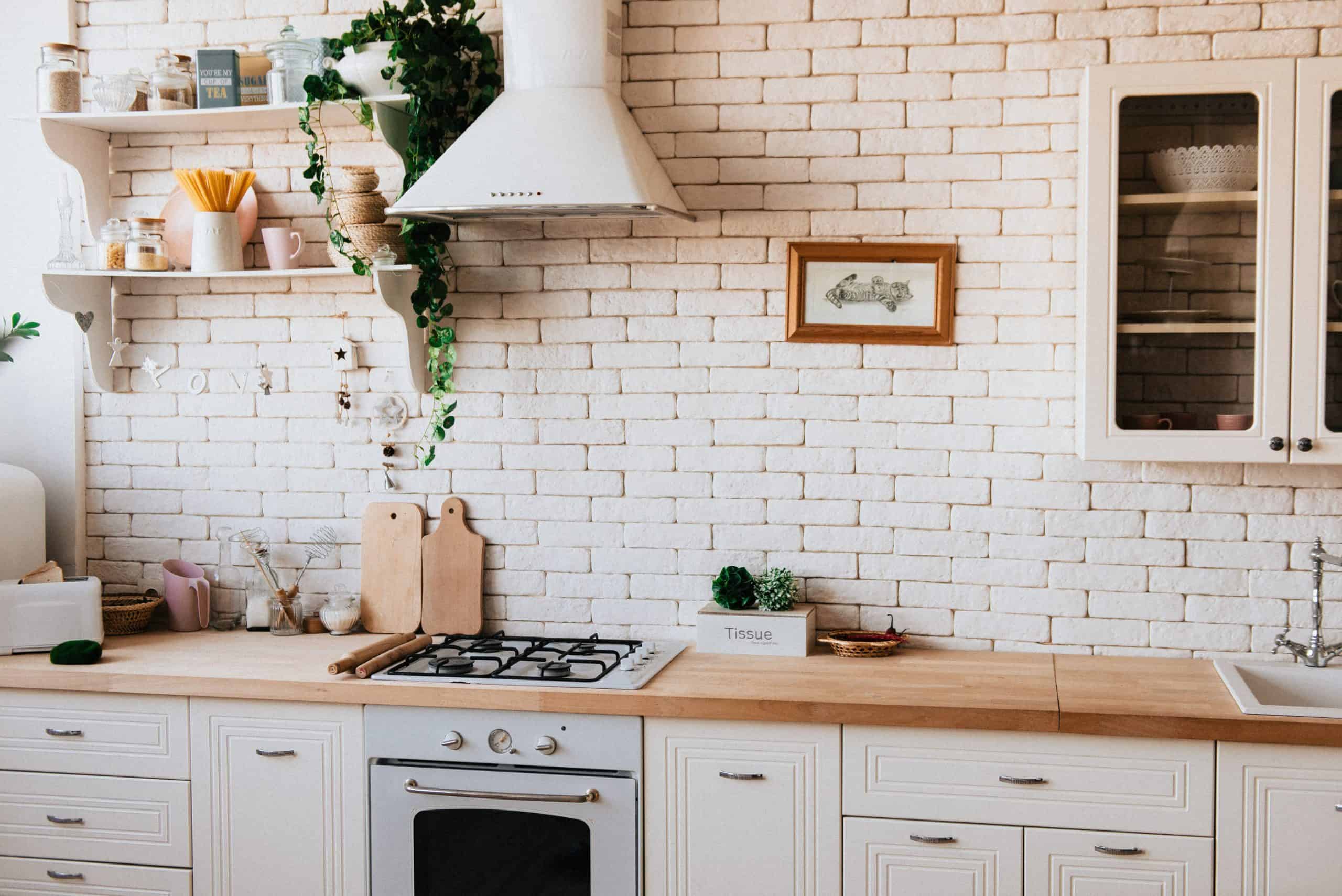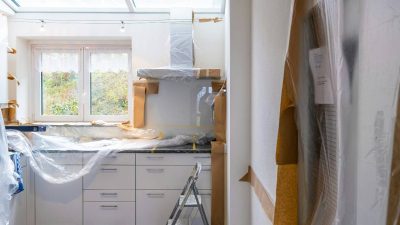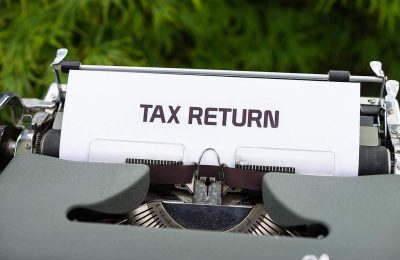New guidance has been issued by the Scottish Government detailing changes to the Repairing Standard that take effect and will be enforceable from 1 March 2024. The full guidance can be found here.
In addition to the changes identified below, the guidance details what is expected of landlords in relation to the control of mould and damp within private tenancies to ensure that properties are “substantially free from damp”.
Safe kitchens
The Repairing Standard will be amended to include a requirement to have adequate food storage and food preparation space. What is required is a cubic metre of storage space, with a door or drawers suitable for keeping food products at room temperature, in or adjacent to the food preparation area. If this is not practical due to the design, age or construction of the building, such storage space should be as close to the standard as possible. There must also be space and an appropriate power source for the installation of a fridge and freezer, or a fridge/freezer and a cooker. Landlords are not required to provide these appliances.
A property must have an appropriate space for the preparation of food, which will mean a worktop or table for the preparation of food and a conveniently located sink with an adequate supply of hot and cold water. The food preparation space must be set out in a way that allows it to be used safely with access to an electrical supply for appliances such as kettles and toasters (which you should be able to position so that they are not beneath wall units). There must also be at least 300mm of worktop space between the cooker and sink wet area, including drainers.
Fixed heating system
The existing duty on landlords to ensure installations for space heating are in a reasonable state of repair and in proper working order will be amended to include that there is a fixed heating system that is either plumbed or hardwired and is capable of maintaining a temperature of 21 degrees centigrade in at least one room and 18 degrees centigrade elsewhere, where the outside temperature is minus 1 degree centigrade. There should be no reliance on portable heaters, except on a temporary basis when repairs are being carried out. Any such system should be in good condition and proper working order and can be a gas or oil-fired boiler, electrical storage heaters or a communal or district heating system. It is acceptable for some rooms to have secondary heating systems, for example a standalone bathroom heater in a house, otherwise served by a central heating system. The fixed heating system must comply with any energy efficiency or any heat in buildings standard to be required for private rented housing, or housing generally.
Safe access to common parts
The existing duty on landlords to ensure that the structure and exterior of the house is in a reasonable state of repair and in proper working order will be amended to specify that, where a private rented house is a flat in a tenement, the tenant must be able to safely access and use any common parts of the tenement, such as common closes, stairs, lifts, bin stores and drying areas.
In order to meet this requirement, there must be adequate lighting, safe paths and ramps, and common spaces kept clear of obstructions, as well as kept reasonably clean and tidy (although landlords are entitled to expect tenants to store possessions such as bicycles and pushchairs appropriately and dispose of rubbish properly).
Safe and secure common doors
The existing duty to ensure fire safety in private rented houses will be amended to specify that common doors must be secure and fitted with satisfactory locks. In order to be secure, all common doors must be lockable and the common front door must have a secure entry system that informs the tenant when a visitor or delivery has arrived, and allows the tenant to open the common front door remotely. This will not be required for a block of three or fewer flats where all occupiers have easy sight of or close access to the common front door.
Residual current devices
The existing duty to ensure that installations for the supply of electricity are in a reasonable state of repair and in proper working order will be amended to specify that these must include a residual current device (a device to reduce the risk of electrocution and fire by breaking the circuit in the event of a fault).
Other fuels
The existing duty to ensure that installations for the supply of gas and electricity in private rented house are in a reasonable state of repair and in proper working order will be extended to other fuel types such as oil.
One change that will actually be of benefit to landlords is that the exception to a landlord’s repairing duty where they do not have consent from other owners to do work to common parts (despite reasonable attempts to get that consent), is to be amended to make it clear that it will not be a breach of the Repairing Standard if work required cannot be carried out because a majority of owners in the tenement have refused consent to carry out the work.
Overall, the changes to the Repairing Standard will inevitably impose further costs on landlords at a time when costs are generally increasing and where the ability to increase rent to meet such costs has been restricted. As such, there are already warnings that the problems experienced with the supply of private tenancies last year are only going to get worse, meaning more and more tenants will simply lose out on finding a suitable property to rent.
If you require any further information or advice, please contact us.












